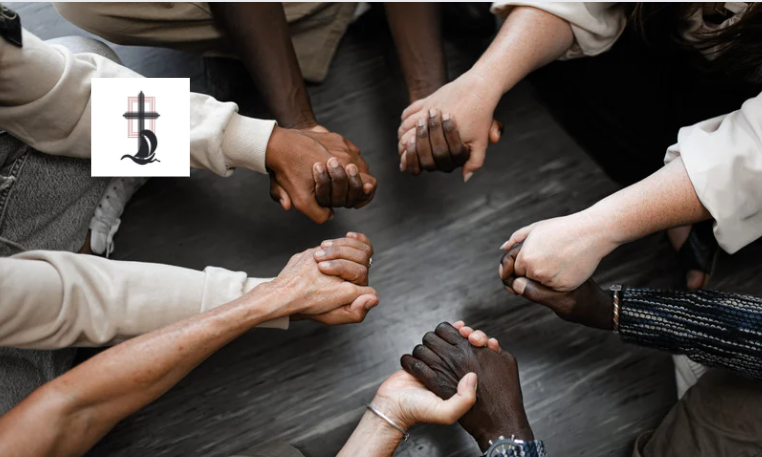”Welcome to Bible Class!” Many Virginia public school students have heard this greeting at the beginning of each new school year for over 75 years due to Virginia Weekday Religious Education. Virginia Weekday Education provides public school children with the opportunity to learn about the Bible in addition to their regular school curriculum. With parents’ written permission, boys and girls in certain grade levels are released from school for a specified period to go to off campus facilities for religious instruction. The Bible is the primary text, and the curriculum is interdenominational, non-evangelistic, and has been approved by the Virginia Council of Churches and denominational leaders across the state.
Virginia Weekday Religious Education began in 1925, when a Virginia survey showed that of 18,434 high school students, only one out of ten could name as many as three Old Testament prophets. Approximately one-half the four gospels, and about one-third could name as many as three of Jesus’ twelve disciples. The Virginia State Department of Education made the first move toward resolving this dilemma, and, on September 21, 1925, Dr. Harris Hart, State Department Superintendent, wrote to Dr. Minor C. Miller, Executive Secretary of the Virginia Council of Religious Education. Dr. Hart said that in his opinion, the way was open to begin Weekday Religious Education because of released time from public schools. Dr. Minor C. Miller laid the groundwork for WRE classes to be taught throughout Virginia. On December 11, 1925, twenty-eight interested persons from Augusta and Rockingham Counties met at the Staunton Y.M.C.A. for an organizational meeting, with Dr. Minor C. Miller presiding. They decided to begin classes in Rockingham County and in the Arlington – Fairfax area, to initiate one or two pilot projects. The Board of Superintendents enthusiastically voted to release every child in the county for two hours per week for Bible classes in the churches. However, the County School Superintendent preferred to have the religious instruction in the public schools, and included access to all facilities.
Over the years, the program met criticism as not adequately recognizing the separation of church and state. In response to these criticisms, in 1955 all Weekday Religious Education Classes moved off public school property. In addition, the program has ensured that children can only participate with parental permission. While the Virginia WRE’s structure has changed over time, its reason for existence remains firm.
In the knowledge that human life and experience resist compartmentalization and can be truly seen and evaluated only within a framework of total and ultimate meaning, we affirm our conviction that truth is whole, that persons are whole, and that neither is logically divisible. It is our belief, furthermore, that American education is dedicated to the proposition that the education of persons must be fully comprehensive and whole.
Yet by the very nature of our tradition and our present pluralistic culture, and for reasons determined by society as a whole, our public schools have not been in a position to deal adequately with that portion of human experience commonly called religious.
We, therefore, affirm that the churches have an urgent responsibility to bear witness to the revelation of God within the totality of man’s experience. There is a special need to help children and young people to interpret their public education in this perspective.
Bearing this witness in relation to public school education is the specific central purpose of the Division of Christian Education’s program of weekday religious education on released, reserved, or dismissed time.
Affirmation from participants in Virginia’s WRE program speaks to its continued relevancy. The September 11th attacks occurred on a Tuesday while many of Virginia’s public school students attended WRE classes. Principals and teachers in many areas expressed their gratitude for WRE teachers who were able to console and pray with the students on this day and during the difficult weeks that followed. When asked how she felt about Bible school, a student in Mount Clinton Elementary School in Harrisonburg, VA said, “What I like best about Bible School is I learn about God. It will bring me closer to God. It can make me do what is right.”
In 2002, there were 20 WRE Councils, 43 teachers and approximately 12,000 students enrolled in the program.
